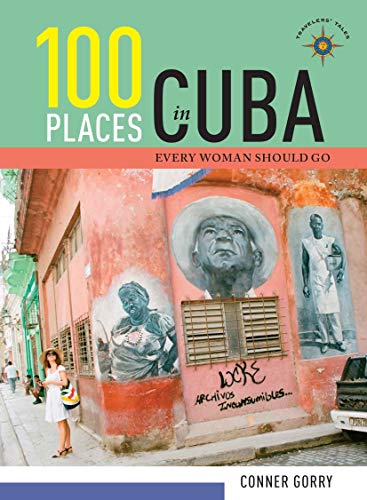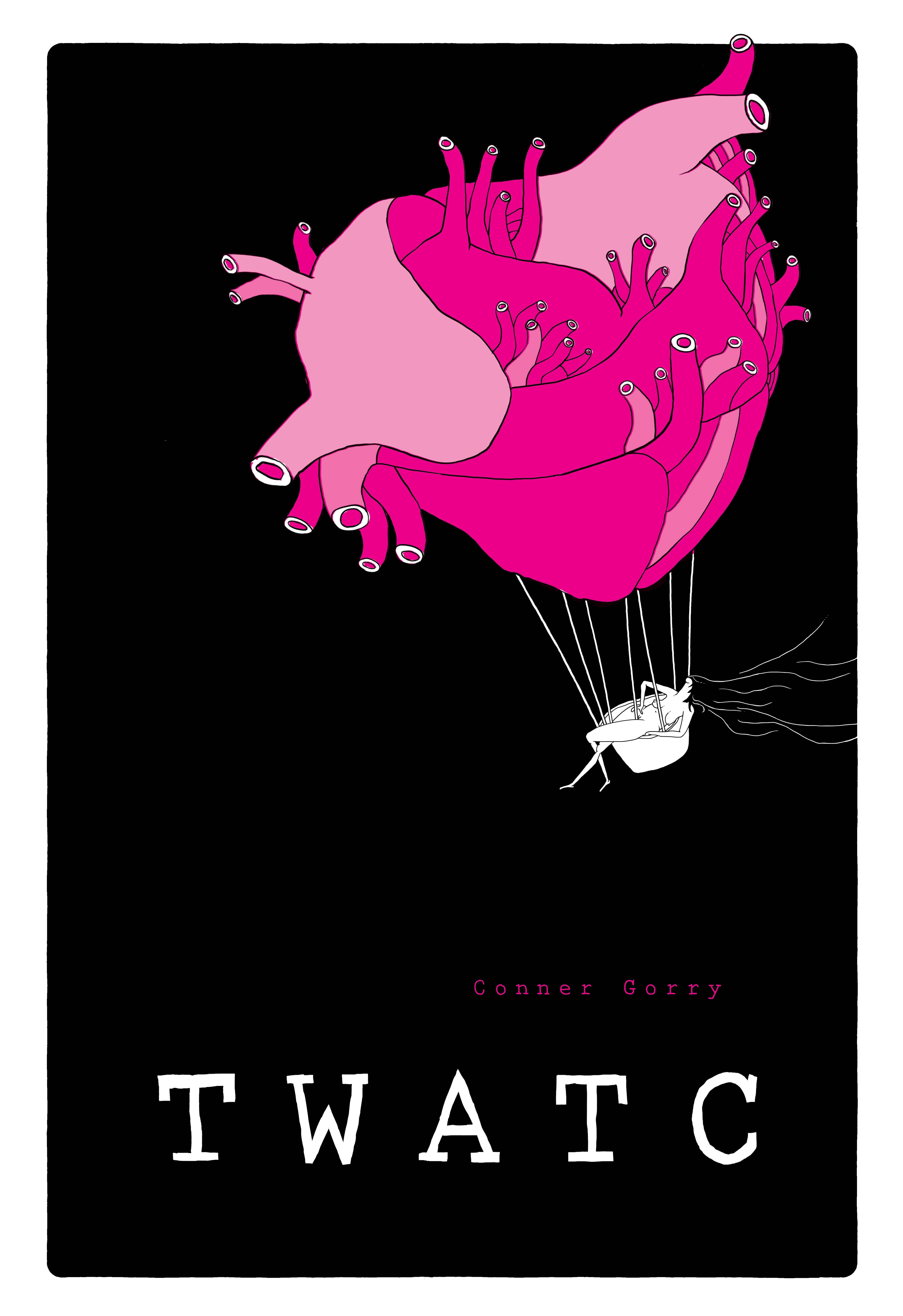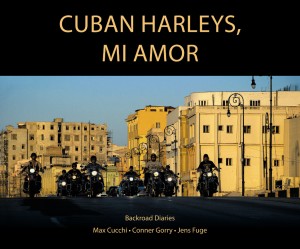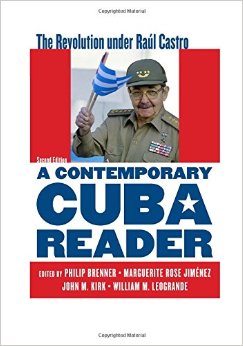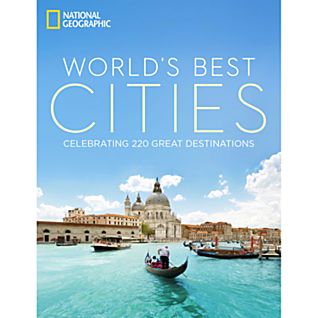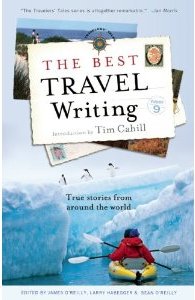I am good at some things: camping and roughing it; making deadlines; making conversation; not holding a grudge; eavesdropping. With some other things, I’m getting better: regular tai chi practice; checking my tongue when pissed; curbing my tendency to micro-manage; interacting with small children.
But there are still other things at which I’m terrible: handling stress with grace; confronting bureaucracy with grace; gardening; interacting with big children. Except for stress and bureaucracy (synonymous and perpetual here), none of this has significant impact on my daily life or prospects.
Still, there is one thing at which I am truly awful. Something that is detrimental to my financial health, trajectory and opportunities, growth and confidence: I cannot sell, promote or push any of my own projects or work. I was taught that ‘tooting one’s own horn’ is egotistical and base. I was taught that it’s unbecoming and narcissistic and probably unwarranted: who hasn’t done greater things, with more impact, more finesse? As you can see, I was raised on a diet of self-doubt by a loving, yet reluctant and perfectionist mother who instilled the desire and drive to be the best me I can be, with the tacit condition that I not let anyone know about it.
All in all it’s not a bad approach, unless you’re a freelance writer or founder of an organization. In this case, it’s an absolute disaster. And I am both: I write and I founded Cuba Libro. I have lived half a century without ‘tooting my own horn.’ That ends now.
I woke today and did tai chi (check!), held my tongue when my husband drank the last of the coffee (check!), and even let the cheese plate leave the Cuba Libro kitchen with a mint garnish in lieu of the standard basil sprig – without uttering one micro-managed word (check!).
So here I am, advocating for me, my work and my achievements. Sorry, Mom, but this can’t be bad, especially since my work—my good, hard work—pays off not only for me, but my family, friends, community and co-workers. After all, with more than two decades of good, hard work in Cuba under my belt, I have a lot of fertile ground for horn tooting. And I’m tilling this ground for you so that on your next adventure here—actual, armchair, virtual or astral—you can plug into our crazy Cuban context immediately, ethically, purposefully and positively.
_____
Some of you know me. Some of you think you know me. But unless you know Cuba Libro, you’ve only a partial picture. Over ten years ago now, as Cuba toe-dipped into the first phases of an historic economic restructuring (ongoing, complex and confounding), I saw an opportunity to create a unique kind of space in Havana; an opportunity to help mend the fraying social safety net; an opportunity to connect people, debunk myths about Cuba and disseminate ideas; an opportunity to share skills and (all-important) profits with some of my favorite young Cubans. Here was an opportunity to build something new and altogether different.
A decade on, I often think I’ve bitten off more than I can chew. Several times I’ve threatened to give up. But I’m coming to realize that starting a community development project, alone, from scratch, was a way to channel the frenetic, heartbroken energy that consumed me after my long-time Cuban husband called our marriage quits. My friends counseled me as they would a Cuban: Dumped? Heartbroken? Go find another. So like Cubans do, I found another. To be precise, I created another partner that would lift up not only me and my family, but the neighborhood, our ommunity and beyond. Cuba Libro was born.
And it worked. As the world implodes beyond our garden gate and Cuba gets improbably more difficult, Cuba Libro has turned a corner. We survived COVID. We survived the emigration of beloved team members and café regulars. Blood, sweat and tears were spilt. Money was spent. A professional accountant joined the team. Yoan, Yeney, Migue, Alive and Emily joined the team. Different and more demanding responsibilities were added and delegated. Exciting new drinks (Johnny Sins! M&M Smoothie!) and edible treats (El Delicioso! La Tabla!) were invented. New community outreach initiatives were launched, along with healthy, educational and hyper popular trivia, dart and chess competitions. As a result, we’re now bursting at the seams and growing beyond our brick-and-mortar oasis.
Most importantly, after months of paperwork and meetings, and an intense licensing process that I navigated alone, Cuba Libro is officially a Local Development Project. More on that in a later post, but essentially, it means we are now able to support and grow our community in new and more targeted ways. Some we’ve already pilot-tested, like Cuba Libro Móvil, where we bring our 100% Cuban coffee drinks to local festivals, ferías and events. Others are dreams I’ve had percolating and which the team is motivating me to realize, like our forthcoming multi-lingual Little Free Library.


We are excited. We are energized and we are special. Drop by when you’re in town to experience it first-hand or wait for my forthcoming book about thriving and surviving 20 years in Cuba, wherein the best tales, foibles and follies will be revealed!
_____
Friends tell me I’m a “bad ass.” I’m not a bad ass. In my world, the true bad asses are the Cuban doctors, nurses, epidemiologists, scientists and other health professionals and researchers who worked day and night, during lockdown, during blackouts, during civil unrest (and the rest), to deliver three safe, effective COVID vaccines in record time. Also, a hat tip to all the Cuban health personnel serving overseas—especially the Henry Reeve Brigade— who continue to deliver free healthcare in over 60 countries.
In 20 years as a health reporter for MEDICC Review, I’ve interviewed hundreds, if not thousands, of these ‘white coat warriors.’ In post-quake Pakistan and Haiti, I lived in tents side-by-side with the Henry Reeve Brigade reporting on their work, even getting pressed into action in the operating room, during vaccine campaigns and as a translator. Being a Cuba-based health reporter has been a game changer for me and I bet some of you reading this didn’t even know I wear this hat. Proudly.

MEDICC (Medical Education Cooperation with Cuba) is one of those game-changing organizations—not only for individuals like me, the ELAM graduates we support, and people living in vulnerable US communities where we work, but also in the much bigger picture. MEDICC has helped broker Memoranda of Understanding (MOUs) between US universities and Cuba’s National School of Public Health. MEDICC delivered a white paper to President Obama that led to bi-lateral cooperation commitments to improve the health and well-being of people on both sides of the Straits (unfortunately, the six-year Trump-Biden debacle derailed most of this forward progress). MEDICC was responsible for bringing an expert, international vaccine delegation to Cuba to observe results and exchange with Cuban colleagues responsible for developing, testing and deploying Cuba’s COVID vaccines.
Although US-Cuba collaboration has suffered since the halcyon days of normalization, MEDICC is a fighting organization. In the face of stricter sanctions, that incompetent 45th US president, global recession and restricted funding, blackouts, connection failures and mind-boggling bureaucracy, MEDICC fights and prevails. As I write this, we’ve rolled up our sleeves to scale up our premium program: bringing US health leaders, scientists, policy makers and students to Cuba to forge collaborative projects in health. MEDICC is the only US organization with this capacity. Biotech, genetics, clinical trials, social epidemiology, medical education, chronic disease, primary health care, nutrition, international medical cooperation and more: we tailor each program for each group, visit the institutions in which they’re interested and host exchanges with Cuban colleagues to hammer out concrete collaborations between US and Cuban health experts.
This is not at all easy. The logistics are complicated and the paperwork diabolical. Mainstream media reporting about Cuba presents a constant uphill battle. But we struggle on for our collective health, our collective future, and it’s working. MEDICC has already hosted three groups of health professionals this year and we have another half-a-dozen on deck for this year. Any scientists, health professionals, policy wonks, professors, deans or students interested in seeing Cuba’s health system first hand with a goal of future collaborations, please get in touch.
_____
Between founding and directing Cuba Libro, health reporting and keeping my family fed, clothed and housed, I wrote a new book. I don’t have much luck with my books. This is largely due to my lack of a knack for marketing. My poetry and prose collection TWATC is awesome. Unfortunately, I couldn’t manage selling it on Amazon from Cuba and the few copies I brought in my luggage are now with Cuban friends. The coffee table book I wrote on Cuba’s classic Harley-Davidson’s, with photography by Max Cucchi, is one-of-a-kind gorgeous and beautifully written if I do say so myself, but had no marketing or distribution budget. To boot, it was printed in Germany so few copies reached US and Canadian shores where its natural market lives. We have higher hopes for the second edition, now in progress, but still lack a publisher. Please drop a line if this is you!
I was more optimistic with 100 Places in Cuba Every Woman Should Go. I was approached and courted by a major travel book publisher. I was given all the creative freedom I wanted. When I asked: why only women?, I was assured that this is just a marketing niche and tactic. The publisher encouraged me to promote my passions while exploring the state of Cuban women, their contributions to and struggles within contemporary society. This was to be the travelogue of my dreams, chock full of solo travel, family travel, remote travel and secret spots. The publisher was supportive. The advance was decent. I was in. I was excited.
The research process was packed with natural wonders, wonderful people and electrifying road trips on a 1949 Harley. My admiration for my ‘media naranja’ (travel partner and co-conspirator)deepened. I discovered off-the-beaten track pockets and learned something new every day. I’ve been out of the travel guide writing game for a while, but this was no ordinary guide and I exalted in writing it.

Editing was a breeze and I was pleased with the cover choice (rarely the case and not just me: on your next outing with writer friends, ask about cover selection—it’s a tricky and sometimes nasty business). I hired a publicist. I wrote marketing copy. I contacted reviewers and press and mailed them copies at my own expense. I took to social media. I was energized. I was hopeful.
Then Trump happened, flogging Cuba with stricter sanctions thanks to his quid pro quo with those wacko Floridians. Under Trump, US folks could no longer travel “legally” to Cuba. The media added fuel to the fire. US visits to Cuba plummeted. Then the global pandemic happened and international travel ground to a halt in a way we’ve never before seen.
Perfect timing: my book had just been published. Now it molders. Too few copies have sold to even pay back the advance so in essence, this book has landed me in debt. I love this book. Many people have written me telling me they love this book. Writing 100 Places was another transformative experience that will forever live in my memory. But you can’t eat memories. You can’t pay electric bills or the phone company or rent with memories.
The whole thing makes me sad and wary. Sad because I truly believe in this book and it’s not reaching enough people. Wary because I’m embarking on a new, bigger, scarier book: a memoir (of sorts) about learning to be Cuban. For this one, I promise to be better at tooting my own horn.

